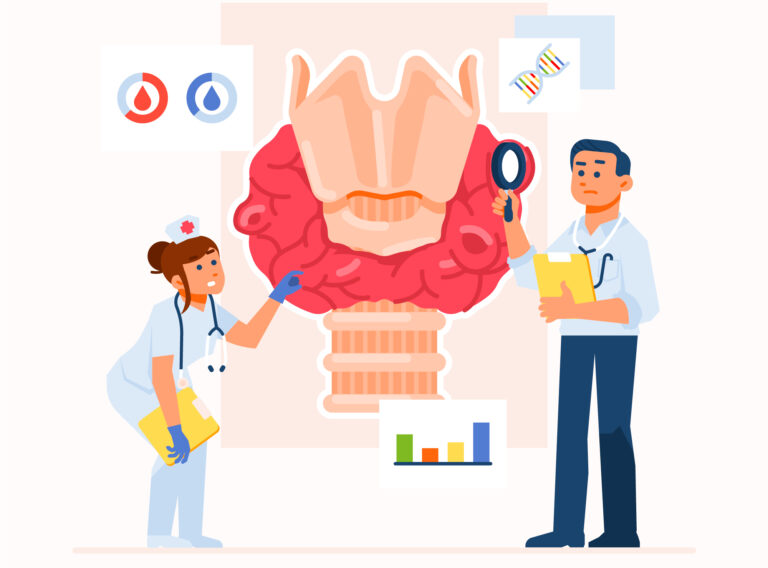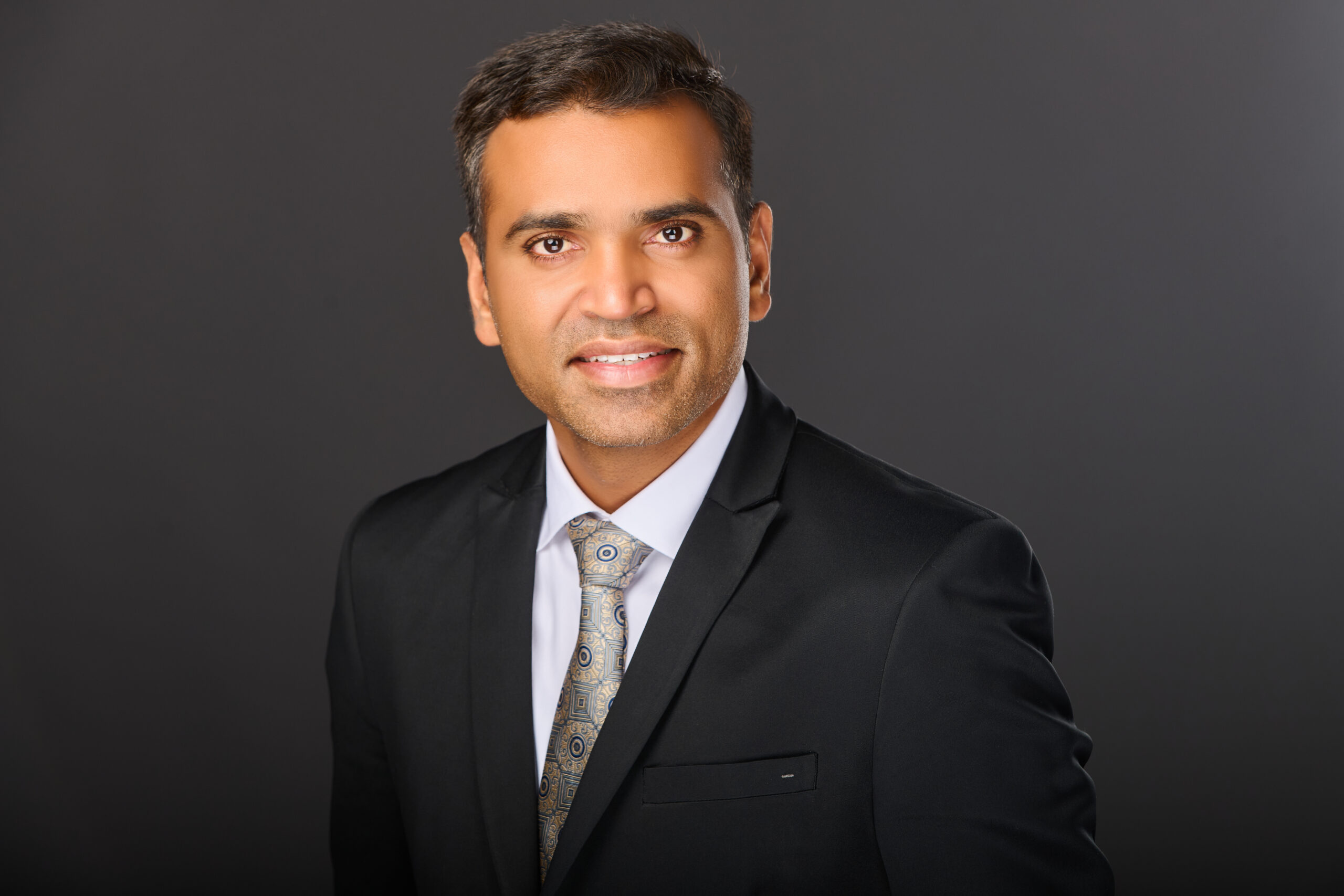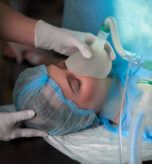Thyroid Nodule Treatment: Causes, Symptoms and Treatment Options
Thyroid nodules are abnormal growths that form within the thyroid gland, located at the base of your neck. While most thyroid nodules are noncancerous and don’t cause serious problems, some may require medical attention. Understanding the causes, symptoms, risk factors, and available treatments can help in early diagnosis and management.

What Causes Thyroid Nodules?
Several factors may lead to the development of thyroid nodules, including:
✅ Iodine Deficiency: Lack of iodine in the diet can lead to thyroid gland problems.
✅ Overgrowth of Thyroid Tissue: Also known as a thyroid adenoma, typically benign.
✅ Thyroid Cysts: Fluid-filled sacs that can sometimes become large or problematic.
✅ Inflammation: Chronic thyroiditis (like Hashimoto’s disease) can cause swelling and nodule formation.
✅ Cancer Risk: In rare cases, thyroid nodules may turn out to be cancerous, though most are benign.
Signs and Symptoms of Thyroid Nodules
Most thyroid nodules do not cause symptoms. However, when they do, you might notice:
✔️ A visible lump in the neck
✔️ Hoarseness or voice changes
✔️ Difficulty swallowing or breathing
✔️ Neck pain
✔️ Persistent cough not due to a cold
Treatment Options for Thyroid Nodules
🔹 Observation: If the nodule is small and noncancerous, regular monitoring with ultrasound may be all that’s needed.
🔹 Medication: Thyroid hormone therapy may be prescribed to shrink nodules or balance hormone levels.
🔹 Radioactive Iodine Treatment: Used primarily for nodules causing hyperthyroidism.
🔹 Surgery: If a nodule is large, causing symptoms, or suspected to be cancerous, part or all of the thyroid may be surgically removed.
🔹 Ethanol Ablation: A non-surgical option where ethanol is injected into the nodule to shrink it.
Frequently Asked Questions (FAQs)
People with a family history of thyroid disease, women, those with iodine deficiency, and older adults are at higher risk.
No. Most thyroid nodules are benign. However, a small percentage may be malignant and require thorough evaluation.
Doctors use physical exams, ultrasound imaging, blood tests, and sometimes a fine-needle aspiration biopsy to diagnose nodules.
Some thyroid nodules, especially small or fluid-filled ones, can shrink or resolve naturally over time, but regular monitoring is important.
Not necessarily. Many are harmless, but it’s important to have it evaluated by a healthcare provider to rule out any serious conditions.
Struggling with thyroid symptoms? Get expert help today.




